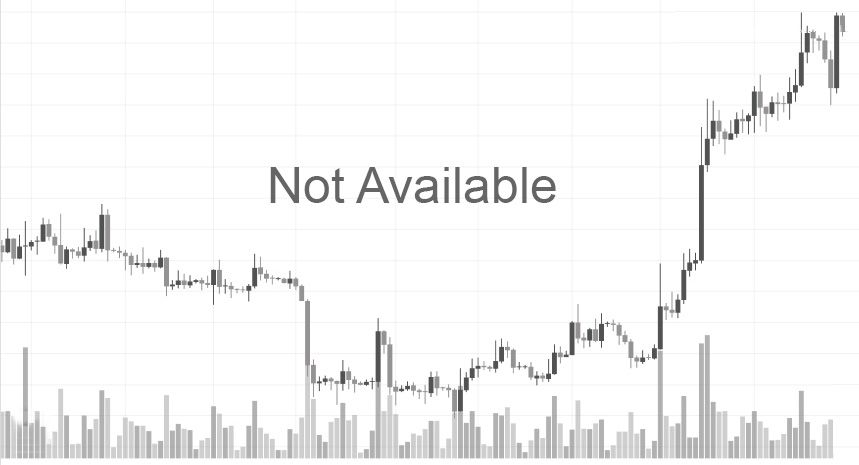The QTUM cryptocurrency runs on the namesake platform which was designed to bring out the best of both Bitcoin’s and Ethereum’s technologies, combining them to make them more accessible to the corporate world.
The QTUM (pronounced “quantum”) project was launched in Singapore in 2017 based on a vision to unite the best segments of Bitcoin and Ethereum technologies on a unified hybrid platform. Members of the Qtum Foundation (Patrick Dai, Neil Mahi, Jordan Earls and others) running this project included individuals who were active in both of these crypto communities. By making it possible to run the Ethereum Virtual Machine (EVM), the runtime environment for smart contracts in Ethereum, on QTUM’s own blockchain which was based on Bitcoin, the founders hoped to enable fast programming of smart contracts combined with the innate stability of this blockchain for the best results.
As QTUM primarily targeted businesses and institutions, this system aims to eventually improve the automation of entire smart contract technology and bring down the costs associated with its use. To make these contracts faster to build as well as execute, QTUM platform comes together with a range of smart contract templates, pre-built contracts and tools for streamlined development of new decentralized apps (dapps).
These will allow companies to create their own coins for the products and services they offer, as well as automate management of their supply chains. The QTUM founders considered Ethereum platform as having unresolved stability issues, prompting them to combine its smart contract functionality with a more stable Bitcoin blockchain. To make these two work together, QTUM implemented the Account Abstraction Layer technology which allows for the conversion of its blockchain data into the account system used by Ethereum.
Instead of Bitcoin’s proof of work mechanism, QTUM uses its proof of stake consensus model paired with Bitcoin’s UTXO (unspent transaction outputs) system for verifying transactions. This allows it to process transactions simultaneously without being dependent on their sequence. Another benefit of the UTXO system for the QTUM is that it enabled it to run light client nodes on its network, which keep records of only the most recent or the most important blocks for the transaction verification. This made it possible to manage one’s smart contracts from mobile phones which often have to deal with slower connections or lower storage capacity.
With its focus on making smart contracts “smarter” and more readily available, QTUM will arguably compete with the likes of Ethereum or NEO. Back in early 2018, its market value went over USD 7 billion, less than a year after its introduction. In November 2018, QTUM had a market cap value of USD 351 million. The total amount of coins in circulation at the time of writing is 89,015,652.
QTUM coins are available for trading for other cryptocurrencies on crypto exchanges such as Binance or Bittrex.
